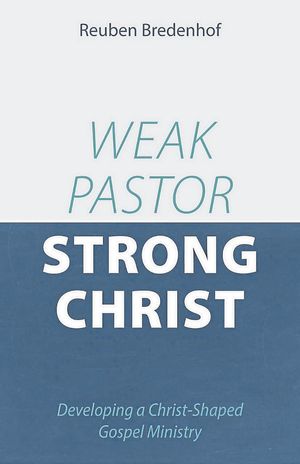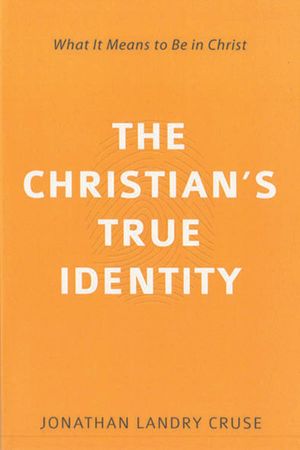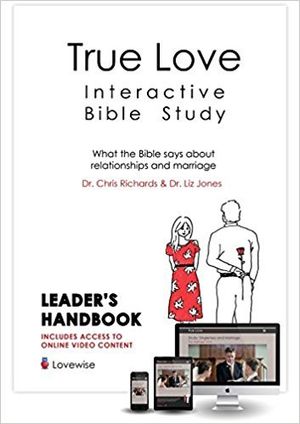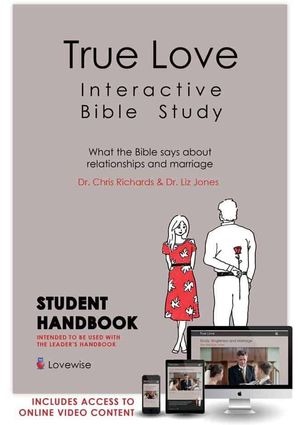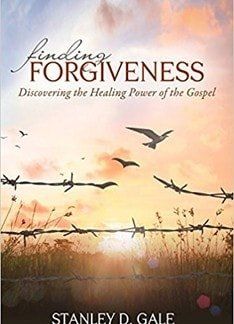Marriage breakdown, a sad feature of western society, is also occurring all too frequently among God’s people. Christian couples are walking away from their marriage partners for all kinds of reasons and remarrying into adulterous relationships.
Churches are giving inadequate instruction on marriage and divorce and are lax in their practice and discipline. Believers often come to the Bible looking for loopholes to justify wrong actions. This book is a pastoral response to this dire situation.
John MacArthur sets out the biblical basis for divorce. He does this by focusing on three key New Testament texts: Matthew 5, Matthew 19 and 1 Corinthians 7. This involves a detailed explanation of the teaching of Moses in Deuteronomy 24, to which Jesus refers and which Jesus endorses.
He concludes that the only two grounds upon which Christians may divorce are un-chastity (adultery and other serious sexual sins) and desertion (by an unbelieving spouse). Divorce for any other reason is an act of adultery. These true grounds for divorce allow for remarriage: ‘When divorce is permitted, remarriage is permitted’; ‘the innocent spouse has the opportunity to again enjoy the blessings of marriage that were destroyed by the other partner’s unrelenting adultery.’
Divorce, though never God’s intention and never commanded, is permitted in extreme situations. This is clear from Jesus’ teaching and substantiated by God’s own example, recorded in Jeremiah: his divorce (and remarriage) of Israel.
On the difficult issue arising in the time of Ezra, MacArthur offers the suggestion that the divorces of Israelite men were sanctioned because their foreign wives were not only idolatrous but also adulterous in their behaviour.
The author writes with characteristic clarity and also deals positively with marriage and singleness. There are two appendices. One is a moving and real-life letter written by the father of a young wife to his son in law who has been unfaithful, reasoning with him to face up to what he has done.
The other is a series of questions and answers dealing with issues relating to divorce. This is necessary in view of the brevity of the book, but not all questions are answered and some answers beg more questions!
This is recommended reading. It will focus the mind, challenge loose thinking and hopefully be instrumental in keeping Christian marriages intact.




